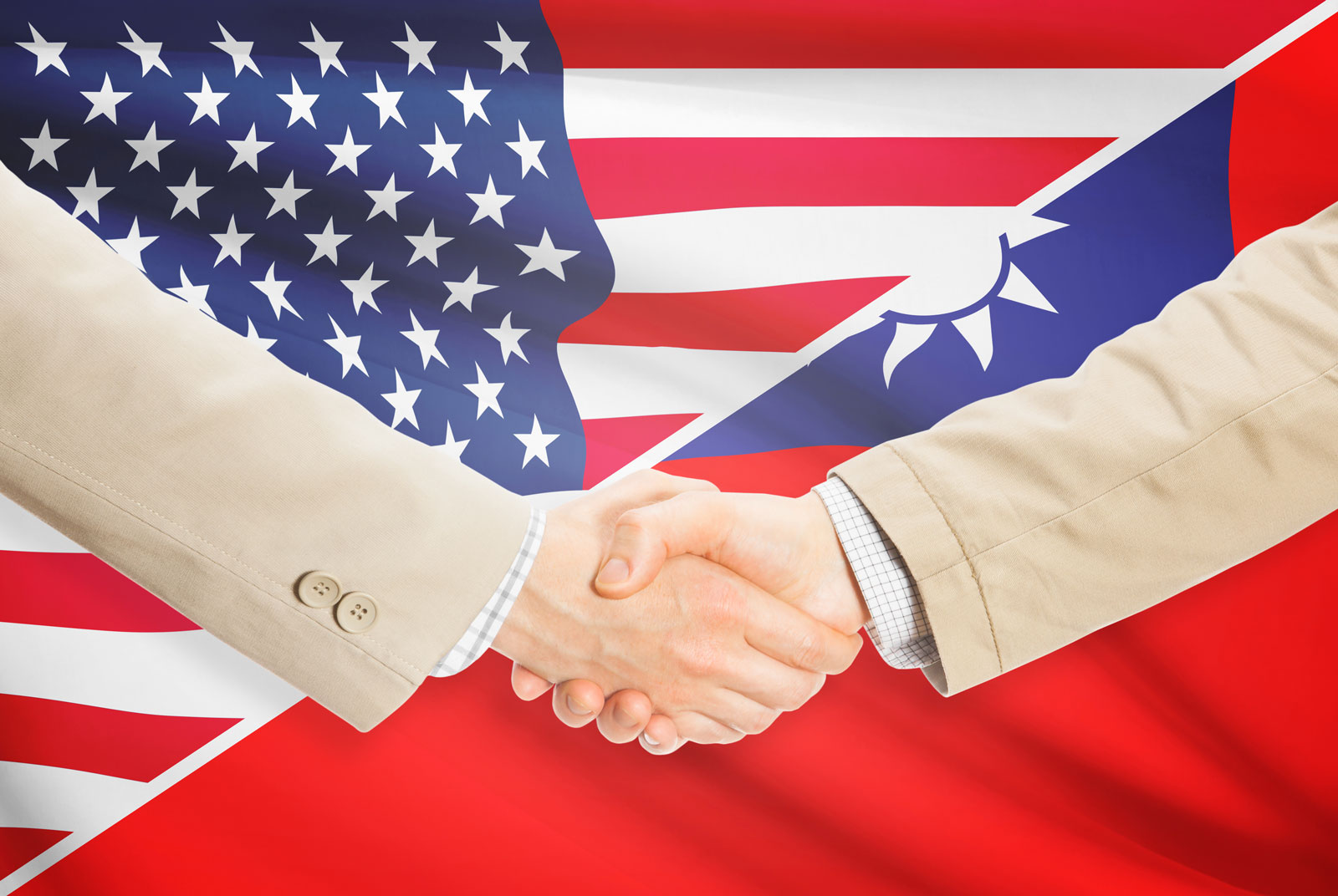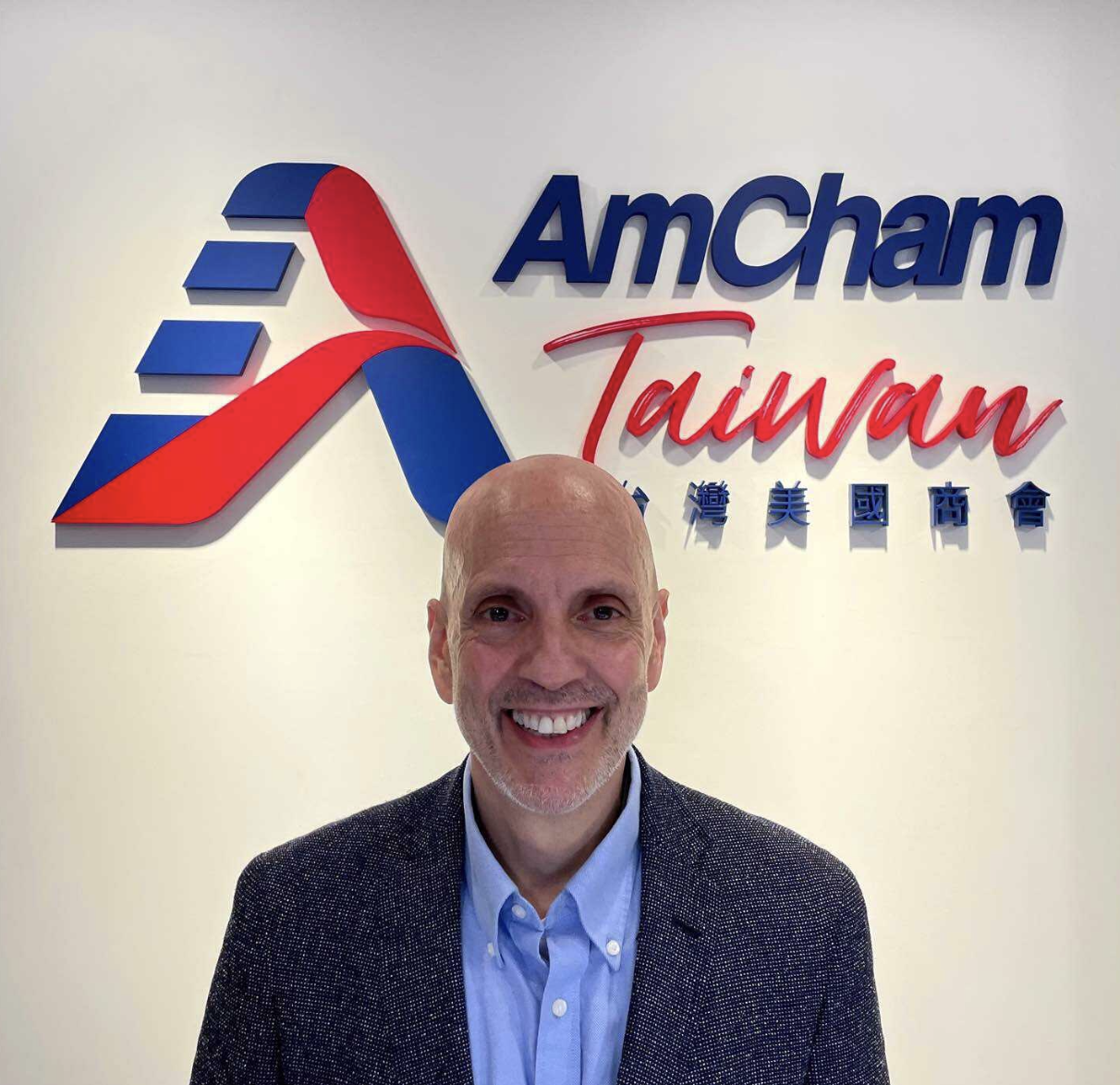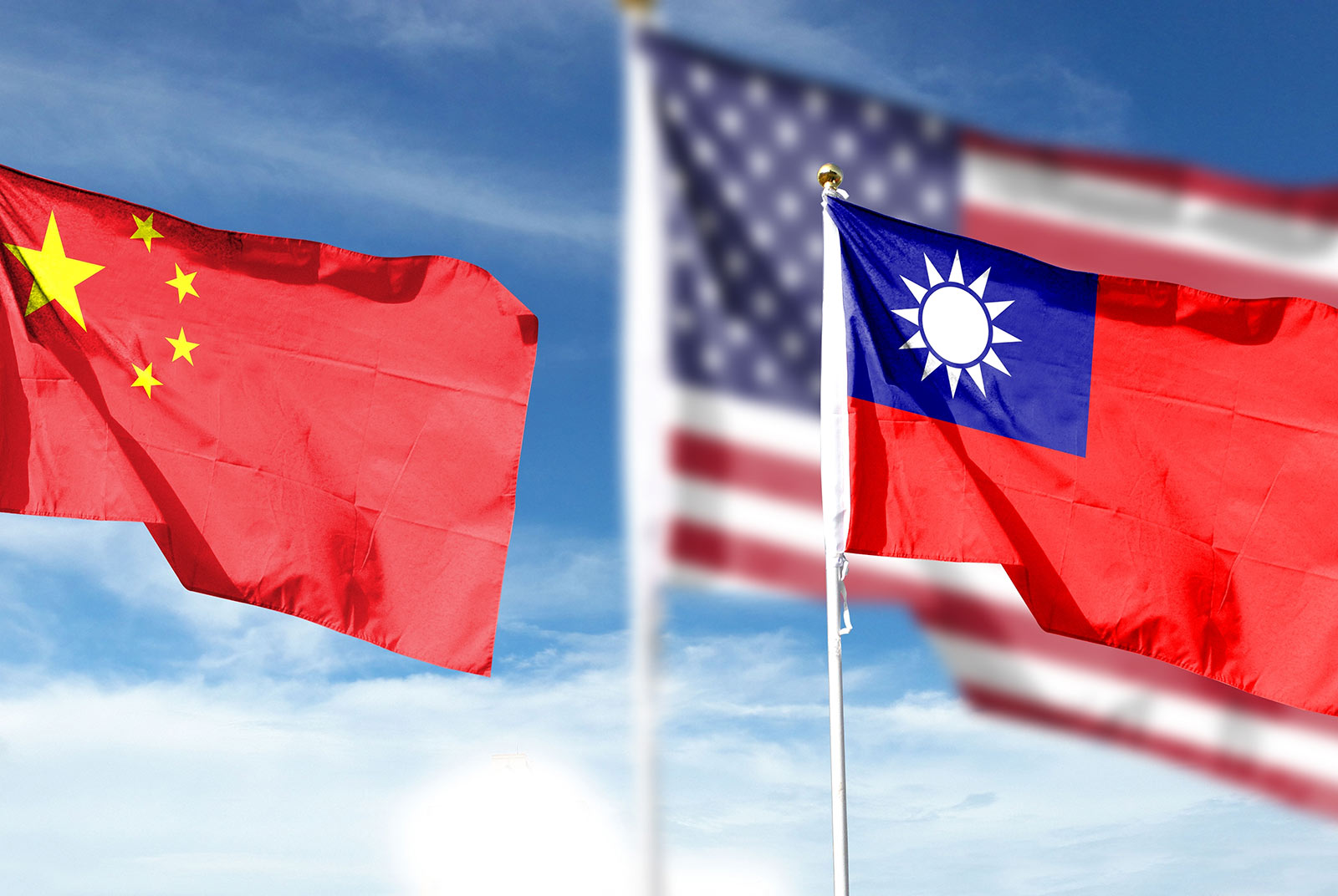US-Taiwan trade talks and the need for speed

Source:shutterstock
Andrew Wylegala, President of AmCham Taiwan, explains in an op-ed how the US-Taiwan Initiative on 21st-Century trade could attract more foreign investment to Taiwan and make Taiwan an irresistible partner for trade with the United States and like-minded partners.
Views
US-Taiwan trade talks and the need for speed
By Andrew Wylegalaweb only
Although the delayed shuffle of the Tsai Administration cabinet has nudged our schedule into the New Year, AmCham Taiwan’s 25 committees will shortly wrap up ministerial meetings over nearly 100 business and economic recommendations contained in our 27th annual Taiwan White Paper.
Over decades as a U.S. commercial diplomat serving in eight markets, I have never witnessed such an earnest exercise as the one that Taiwan’s National Development Council coordinates across the Taiwan government on behalf of AmCham. Our over 550 corporate members are grateful for the access.
During the eight months since the White Paper was released, we noted pockets of progress, while the overall number of issues heading to full resolution appears to be declining for a second year. Of far greater concern to AmCham is that the external stakes in 2023 are higher than ever. On top of a halving or worse in growth rates in almost all of trade-dependent Taiwan’s markets, we confront lingering supply chain disruptions, a U.S. government with an “attention deficit disorder” toward free trade and – the game-changer – relentlessly mounting aggression from across the Strait.
Boldness in meeting Taiwan’s twin needs for regulatory reform and better international engagement cannot wait.
Fortunately, these twin needs can be tackled together. Economic reforms implemented in Taiwan’s own interest to empower its next commercial champions and increase its attractiveness to foreign investors will make it an irresistible partner for trade with the United States and like-minded partners. By strategically diversifying its commercial linkages through trade agreements, in turn, Taiwan lessens its risky over-concentration on a single market.
Let’s look at the AmCham reform agenda.
While some requests are narrow, such as bringing novel drugs into the market faster, others are broad, seeking to shore up supplies of energy and professional talent and labor. These requirements are just as crucial for domestic companies. And the bulk of our requests to Taipei and Washington aim at ensuring transparency, consistency, and adherence to international regulatory standards.
That is the agenda of the 21st-Century Initiative trade framework, which, serendipitously, began formal negotiation in Taipei on January 16, and which was first announced just as our 2022 White Paper went to press last June.
Quick comparison of Paper and Initiative coverage shows close overlap: “good regulatory practice,” “trade facilitation,” and “standards” – for once, we are speaking the same language on reform and engagement fronts. And at the same moment.
The Initiative is not only invaluable in itself, but it also represents a path to AmCham’s (and the Tsai Administration’s) long-held ambition of a bilateral free trade agreement (“BTA” or “FTA”). Alternatively, an early and robust agreement could offer a “backdoor” to the 12-member Indo-Pacific Economic Framework (IPEF), upon which the 21st-Century Initiative was patterned. Ironically, Taiwan – excluded from IPEF – has the chance to set the pace and cast the mold for IPEF, if it acts courageously.
A bold stroke could seize on a Taiwanese strength – rules for the digital economy, say – through which Taipei and Washington could together craft a global gold standard. Back in the late 1950s, Taiwan used currency exchange reforms to fashion an export-led growth model that was later adopted by the other three “tigers” and around the world. Today another such uncharacteristic stroke of economic policy boldness is required.
A second unique competence is Taiwan’s success in defending its intellectual property and managing tech trade and investment with the PRC, a challenge that less proximate Washington has only begun to explore. Taiwan may have partial solutions within a U.S. or multilateral agreement. A new Taiwan-inspired, U.S.-led approach might also serve to forestall a fuller trade decoupling than appears to be underway. That would represent a gain of global importance.
Justified or not, Speaker Pelosi’s visit in August and its overwrought reaction from Beijing –exacerbating fallout from Russia’s invasion of Ukraine six months earlier – imposed a heightened “risk premium” on Taiwan. And with another sort of “war” underway (one for engineering talent and workforce, generally), Taiwan does not merely need to keep its reform and harmonization wheels moving forward; it needs to ensure that they are spinning faster than those in places like Vietnam, India, Singapore, and Mexico.
The final ground for urgency has to do with political windows. The Biden Administration has shown an allergy to free trade deals entailing market access but has chosen, for now, to put a 21st-Century Initiative containing worthy trade promotion elements on a fast track, aiming at signings by year-end. For its part, the Republican-controlled House is sorely in need of a rallying point of the type that a quest for “Global Free Trade 2.0” just might offer. Finally, both countries confront narrow windows for action under national elections.
Now is the moment to take up the 27-year-old “challenge” presented by AmCham’s White Papers and turn goodwill and best intentions into rapid, decisive action on trade.
(This piece reflects the author's opinion, and does not represent the opinion of CommonWealth Magazine.)
About the Author

Andrew Wylegala is President of the American Chamber of Commerce in Taiwan and Don Shapiro is the Chamber’s Senior Advisor.
Andrew Wylegala leads the 1,100-member American Chamber of Commerce in Taiwan as President since March 2021. He represented the U.S. Department of Commerce on four continents as a Senior Foreign Service Officer with postings to U.S. missions in Tokyo, Hong Kong, and Seoul, among others. As a visiting professor at the National Defense University in Washington, D.C. he taught business analytics. From July 2020 he coordinated life sciences trade and investment for the UK government, covering ten markets from Japan. During his tenure, London signed an economic partnership agreement with Japan, its first major trade deal as an autonomous trading nation.
Have you read?
- U.S. and Taiwan: 2022’s Reverberations from 1979
- The IPEF train has departed. Now transferring to the BTA track
- Taiwan and Poland are destined to be allies
Uploaded by Ian Huang






